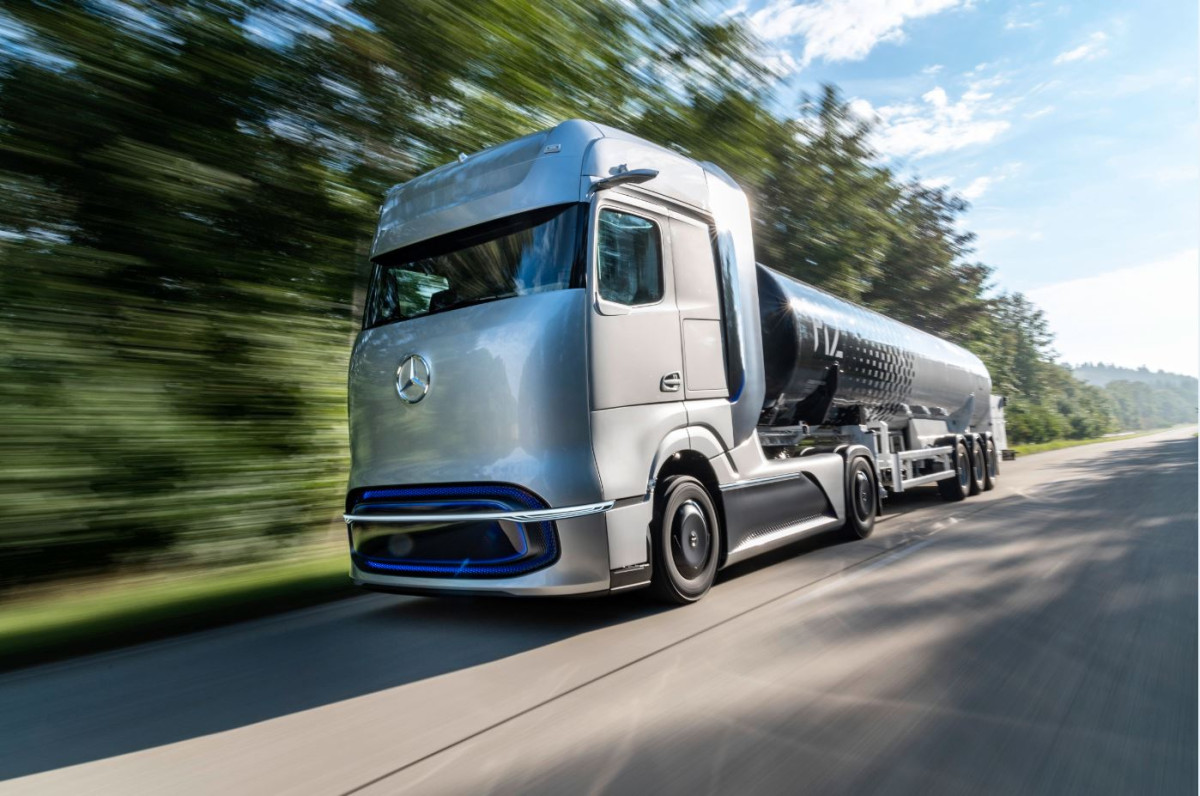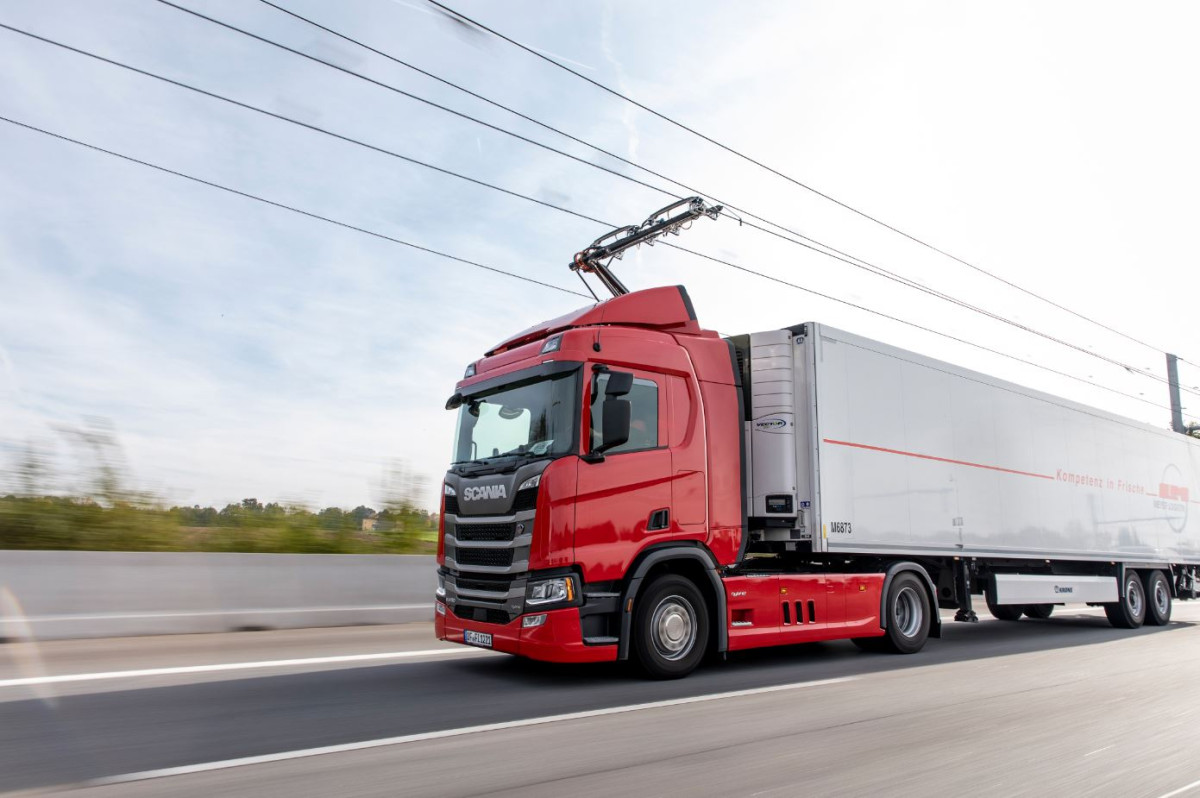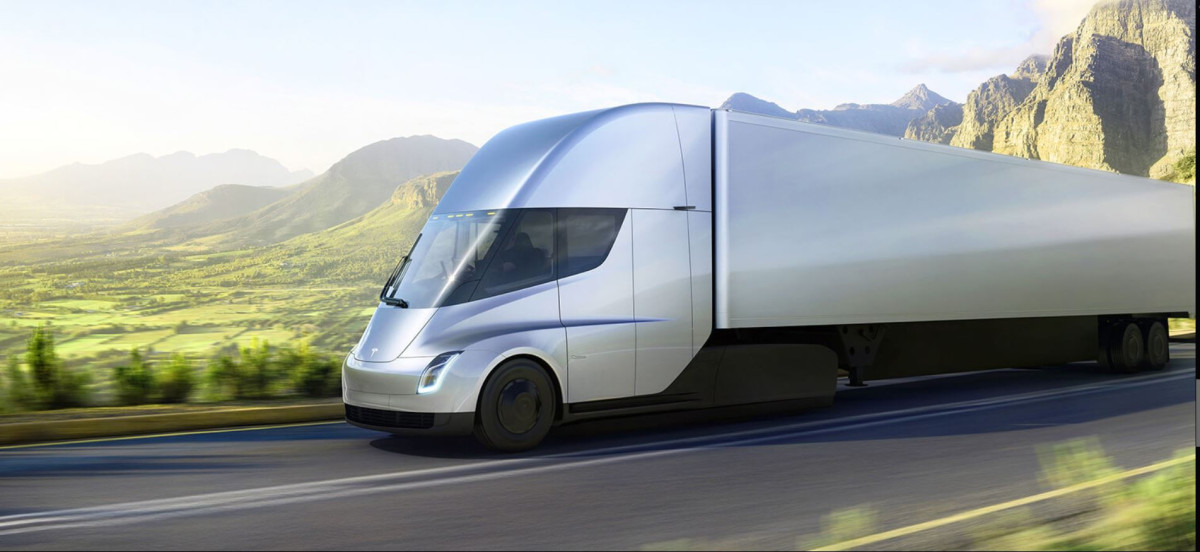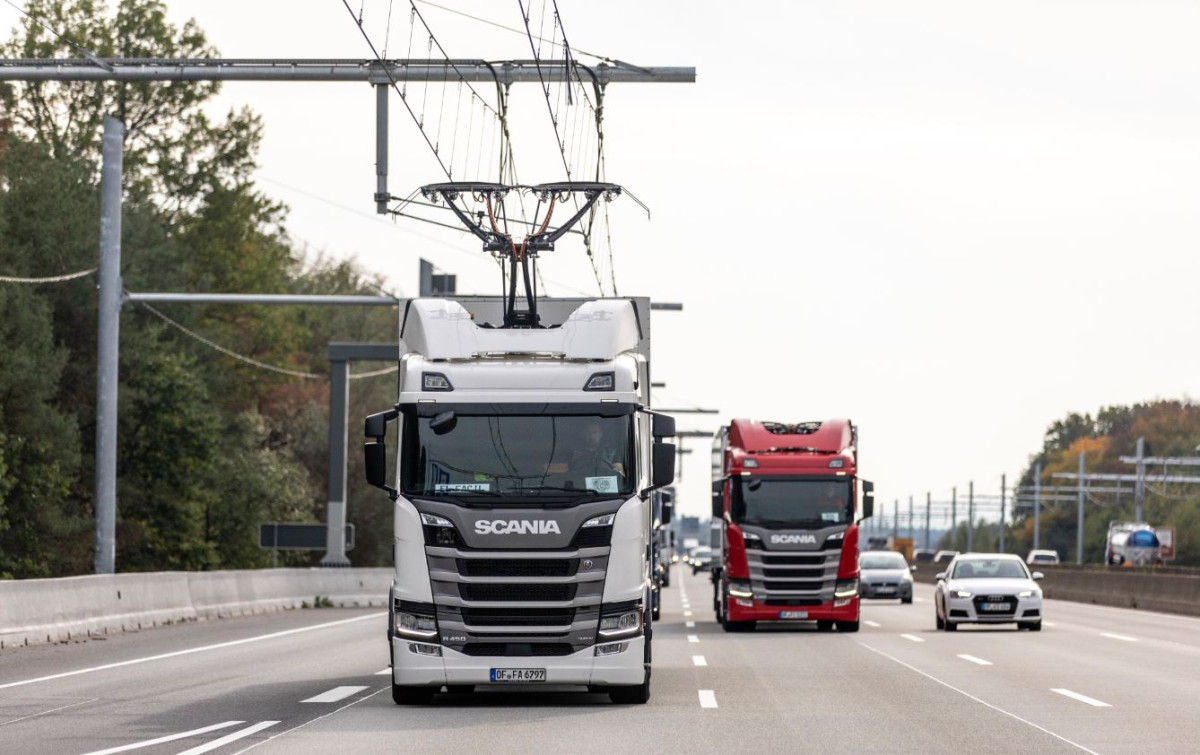Time for trucks: The next big thing in the shift to climate-friendly transport
The decarbonization of heavy duty freight
Contents
Analysis: Climate targets force trucks into race to clean up transport

While our roads are increasingly abuzz with electric cars and scooters, low-emission trucks are conspicuous by their absence. But this is about to change as new climate targets force sharp emission cuts in heavy duty transport. The truckmaking industry has woken up to the challenge, and is scrambling to present zero-emission models. Evidence is mounting fast that many trucks will also go battery-electric in the longer term, while fuel cells, catenary systems and synthetic fuels remain in the race. But solely relying on new propulsion technologies will not be enough to clean up the sector in the short term. Polluting trucks are here to stay for many years, forcing attention on alternative ways to cut emissions, such as using smart logistics to lower the number of unnecessary trips, transport more goods on rails, or increasing fuel efficiency by redesigning trucks. Read the analysis here.
Factsheet: Electric highways offer the most efficient path to decarbonise trucks

Connecting electric trucks to overhead power lines on so-called electric highways is the most energy-efficient route to zero-emission road freight. The technology is being tested in a number of pilot projects, with Germany and Sweden taking the lead. The biggest hurdle to a large-scale rollout is the initial infrastructure investment. Governments must step in quickly and decisively to push the technology, experts argue. Read the factsheet here.
Interview: Battery-electric trucks will win race against fuel cells and e-fuels - researcher

Battery-electric trucks are set to take over heavy duty road freight because they are much cheaper to run than other low-emission technologies, says green vehicle expert Auke Hoekstra, a researcher at Eindhoven University of Technology. Trucks equipped with fuel cells or using e-fuels will never be able to compete with electric trucks' business case, forecasts Hoekstra in this interview. Catenary trucks could be a viable alternative, but it will be hard to get the technology off the ground on a large scale, argues Hoekstra, who is also programme director at NEON Research and founder of ZEnMo simulations. His strong Twitter presence has earned Hoekstra a reputation as transport decarbonisation's "debunker-in-chief". Read the interview here.
Interview: Catenary trucks still stand chance in race to decarbonise road freight - researcher

Battery-electric trucks will hit Europe's roads in large numbers soon, but catenary systems could also play an important role in the decarbonisation of heavy-duty freight transport if governments now push the technology by building large-scale infrastructure projects, says mobility researcher Florian Hacker from German sustainability think tank Oeko-Institut. In contrast, fuel cell technology will have a hard time catching up with battery-electric trucks, because these are already well ahead and will get an additional boost from spill-over effects from the passenger car market, says Hacker, who has recently spoken to many truckmakers. Read the interview here.
